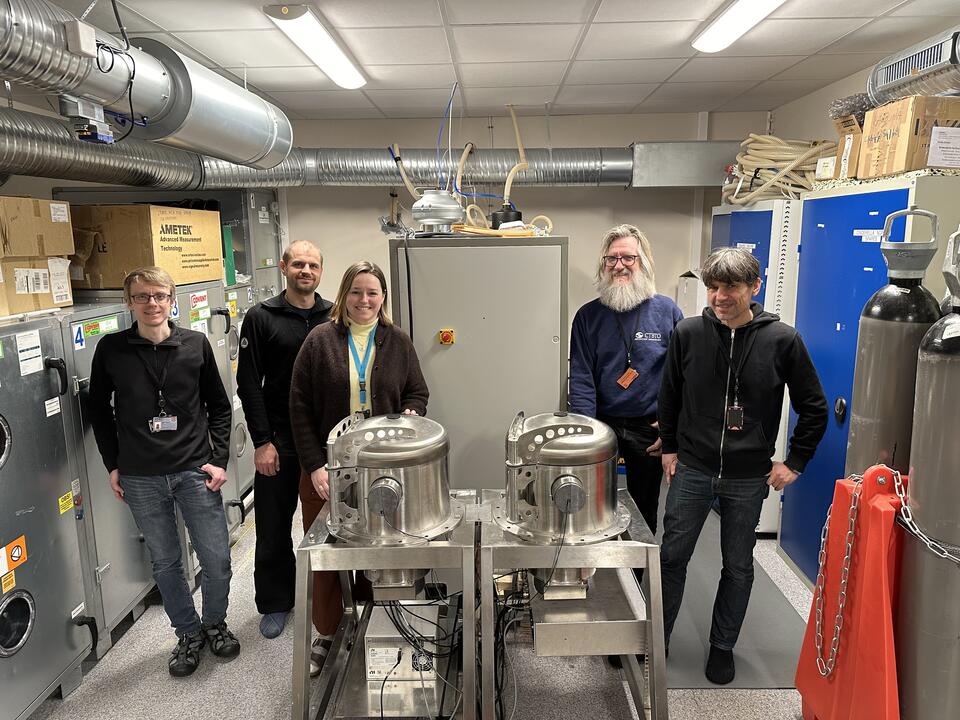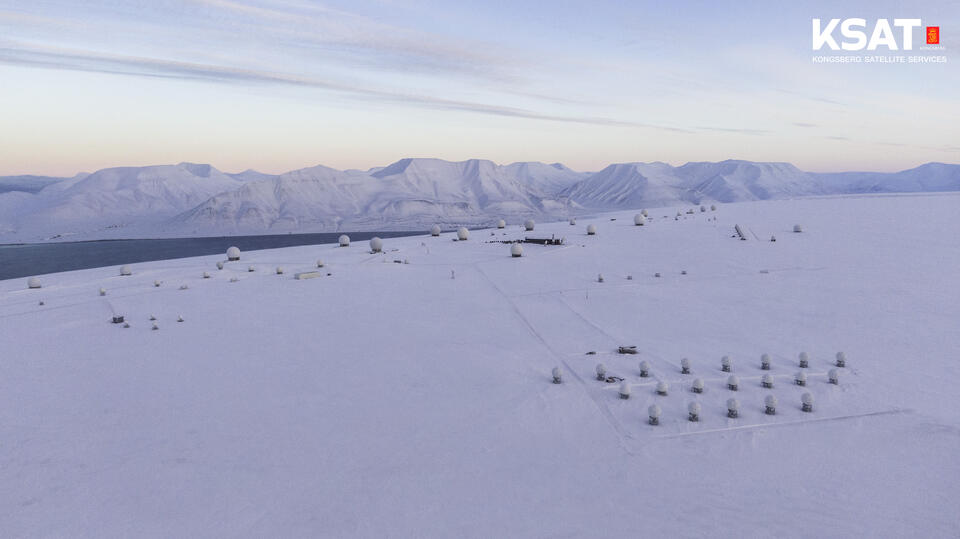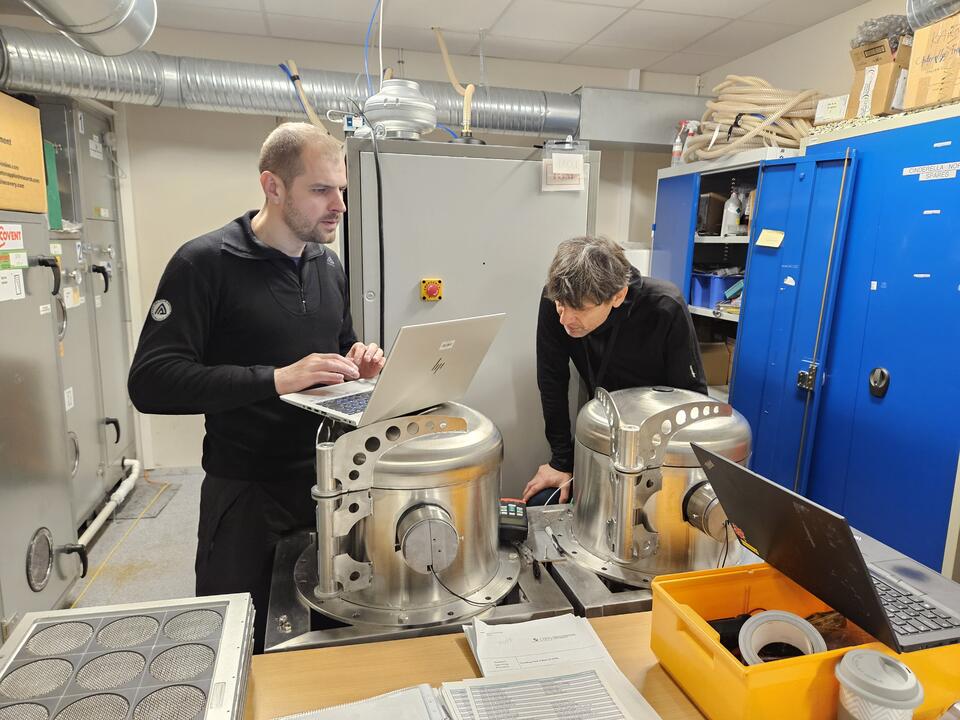Radionuclide station in Svalbard renewed after 20 years of operation

After two decades of reliable service, the radionuclide station RN49 on Platåberget, west of Longyearbyen on Svalbard, has been renewed. Last week, an expert team was on site to ensure that the station meets the CTBTO’s standards for monitoring stations.
The station is part of the global network consisting of 79 stations continuously measuring radioactive substances in the atmosphere to monitor compliance with the Comprehensive Nuclear-Test-Ban Treaty (CTBT) which prohibits nuclear test explosions. RN49 is the only Norwegian radionuclide station in the network, and the only radionuclide station on Svalbard.
Global network of monitoring stations
In the event of a detonation of nuclear weapons or an emission from a nuclear power plant, radioactive substances not naturally present will be released. If the release occurs above ground or there are leaks from an underground explosion, the radioactive substances will be released into the atmosphere and transported rapidly and over long distances by air currents. The monitoring systems are highly sensitive, and detecting substances not naturally produced is a clear indication of a man-made event. Therefore, the verification system ensuring compliance with the Treaty has a global network of monitoring stations using various technologies to detect possible explosions. In addition to RN49, NORSAR operates five other stations on Norwegian territory: four seismic and one infrasound station.
Location is important
To obtain the best possible measurements, the station must be located in an area with good air exchange, stable power supply, and available operational personnel. In Longyearbyen, the only location that met all of the requirements was KSAT’s antenna area on Platåberget.

Aerial view of the KSAT area on Platåberget. Photo: KSAT
Necessary renewal
RN49 was originally commissioned as an air filtration station in 2002. In 2012, it was expanded to sample noble gases. This is a more complex procedure that is only performed at 39 of the 79 stations in the network. By 2022, both parts of the station had been in continuous operation for 10 and 20 years, respectively, and it was time for a renewal. Key components of the noble gas station were replaced in the early summer of 2022, and most of the particle station was renewed in the late summer of 2023. After the renewals, the stations underwent a testing phase.
Revalidation required
For the station to be formally reinstated as part of the international network, it must be recertified by the CTBT Organization (CTBTO). This process includes an assessment of the station’s performance, operating systems, available expertise, and documentation. This week, an expert team from CTBTO went on inspection together with NORSAR’s senior engineer Morten Sickel. Initially, the noble gas station will undergo recertification. The time for recertification of the particle station has not yet been determined but is expected to take place in 2024.

CTBTO experts, Aleksandr Tarasov & Herbert Gohla, conducting their inspection. Photo: NORSAR
Serving several purposes
Although the station is primarily installed to detect tests of nuclear weapons, they have also proven useful in detecting emissions from industrial processes and accidents both in Europe and Asia, including after the Fukushima accident in 2011. However, none of these events posed threats to humans or nature in Svalbard.
In Norway, the Norwegian Radiation and Nuclear Safety Authority (DSA) is the authority handling radioactive events. They use data from RN49 together with data from their own mainland stations to develop a situational understanding after major emissions. Data from the stations are also of interest to atmospheric scientists, as they can be used to verify and develop models for the transport of substances in the atmosphere.